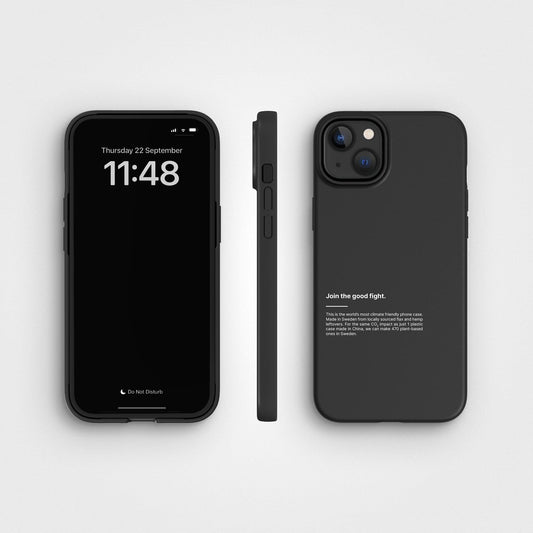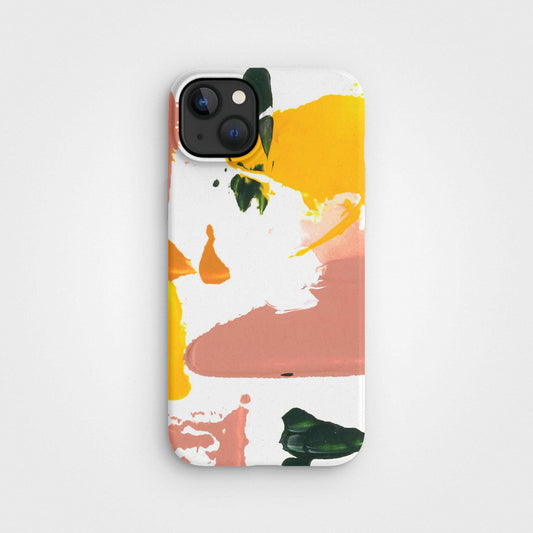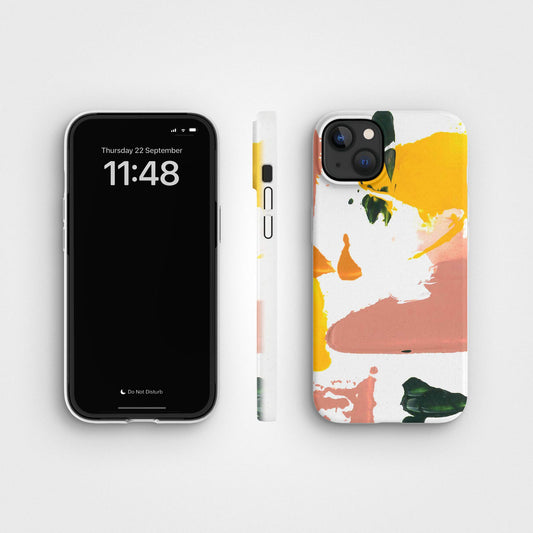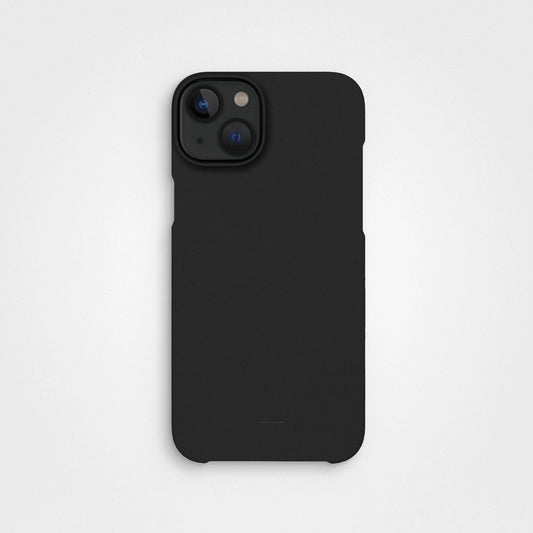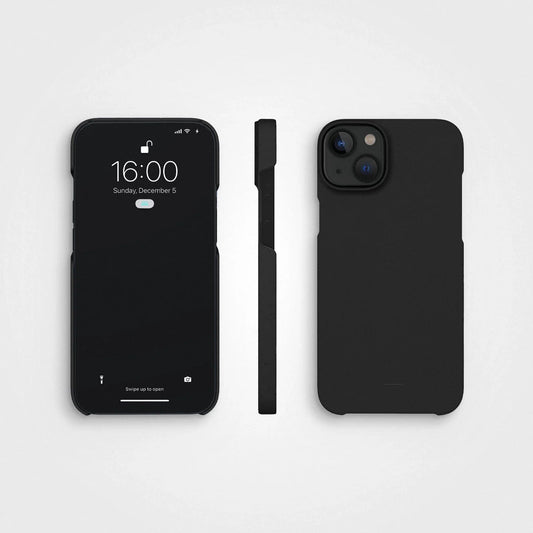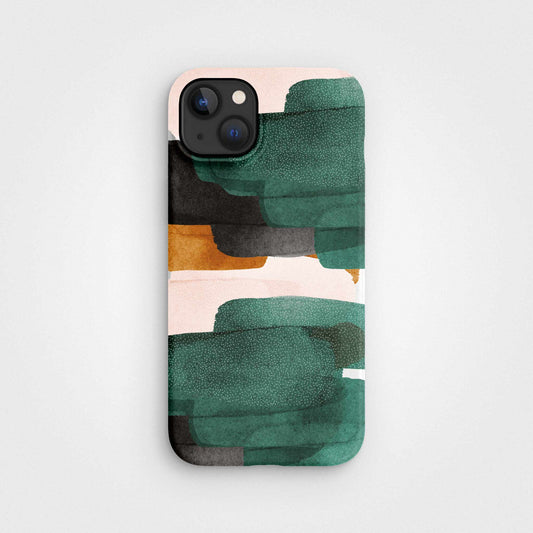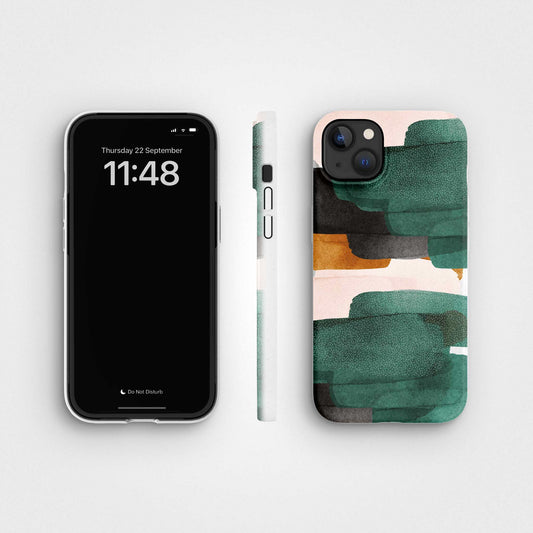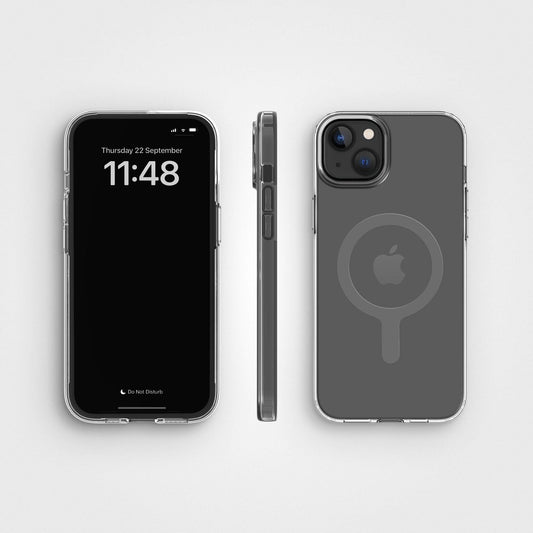You want to do your bit for the planet by switching to products made from sustainable materials that once used can be recycled or returned safely to nature. There are certain materials, like paper for example, that you’re pretty sure fit into this category.
However, beware products that seem or claim to be recyclable, biodegradable or compostable but, when you look a little closer, are subject to some fine print.
Paper bottles
A lot of companies, Coca Cola being one, are interested in using paper drinks bottles over plastic because it comes from a more sustainable source and will biodegrade in a fraction of the time. However, as anyone who’s used a plastic straw will know, paper and liquids don’t mix too well. That’s why often the paper is layered with foil or plastic so it doesn’t turn to mush. Therefore, the paper bottles that you might think are 100% biodegradable or easy to recycle (there are no recycling facilities we know of that will separate the materials) actually aren’t.
Corn or bioplastic bottles or cutlery
Corn-based plastic is made from a more sustainable material than oil, so this is good, however, the kind of plastic made from corn, polylactic or PLA, is often advertised as compostable. But, that doesn’t mean you can simply throw them into your backyard compost heap. To properly degrade, PLAs have to be sent to commercial composting facilities and broken down with high temperatures.
Further, although PLA bottles and other products might look like regular plastic, they can’t be recycled alongside regular plastics such as PET, so will likely end up in landfills where they’ll fail to decompose.

Biodegradable plastic bags
Unlike bioplastics, “biodegradable plastics” are made from fossil fuels but contain additives that help them break down quicker. Often supermarkets will advertise this on their carrier bags as ‘photodegradable’ or ‘oxydegradable’. However, studies have found that they don’t always break down into harmless substances and leave a toxic residue. If they end up in the ocean, they will either float on the surface or, like conventional plastic, break down into small pieces that are harmful to marine life. In fact, it’s looking likely these plastics will be banned in the near future.

Fibre bowls
Rather than plastic, some restaurants have switched to compostable bowls made from fibre and designed to be compostable. Whilst this is good in principle, make sure to either compost at home, place in the dedicated recycling bin in the restaurant, or use a composting service. Don’t throw them into the recycling or regular bin then it will end up in a landfill.
So what’s safe?
Sorry that we’re making things more complicated for you! As we make the transition to a circular economy, there’s always going to be grey areas, an element of trial and error, and, unfortunately, greenwashing. We’re still working on the solutions but, as is the normally the case, natural is the way to go.
We’re huge fans of bamboo as it’s a super sustainable crop to grow, has a range of applications, and will biodegrade in your compost heap/bin or nature. For our mobile cases, we make them from a blend of renewable materials, including hemp, flax, cellulose and PLA, combined with biodegradable PBAT, a highly biodegradable polymer that completely decomposes without leaving any toxic residue.



